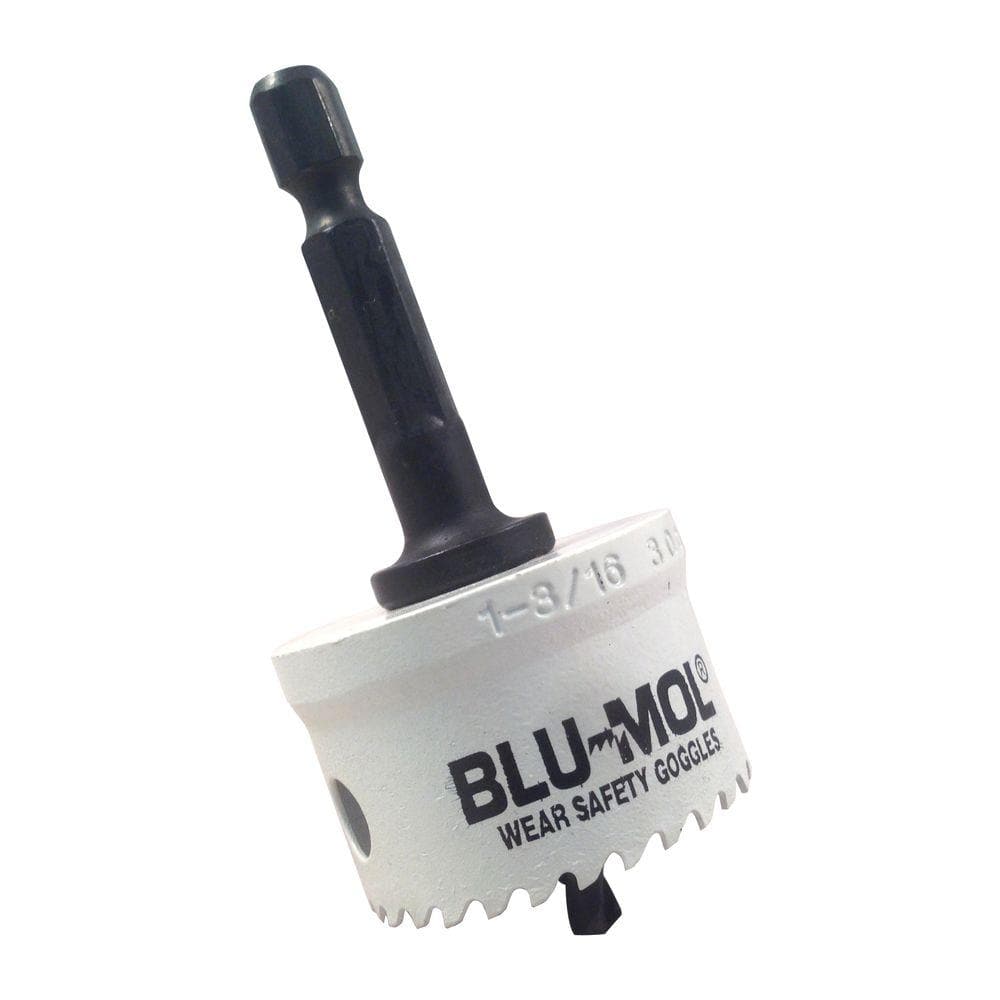- Joined
- May 3, 2017
- Messages
- 1,997
Hello, All.
I need a little wise counsel. I need to mill a series of holes in 1/4" white acrylic. The holes will be 1", 1 3/16" and 1 3/8". I have a 1" Silver & Deming drill bit and have already milled that set, but I'll need to buy tools for the two larger sizes. Using my rotary table for the larger holes is not practical because there will be 20 or 30 for the complete project.
There was some recent discussion in another post about annular cutters which caused me to wonder. Since I need to buy one or the other, which makes more sense? Larger drill bits or annular cutters? Neither will be cheap, but based on a cursory examination, cost seems to be relatively similar either way. I drilled the 1" holes in two steps - 1/2" followed by 1" - with no issues. Would the process be the same with annular cutters or can it be accomplished in a single step?
In addition to the immediate project, another consideration would be which would be more sensible to have lying around in a tool box for future uses which may arise in different media (aluminum, cold rolled, etc.).
Any thoughts?
Regards,
Terry
I need a little wise counsel. I need to mill a series of holes in 1/4" white acrylic. The holes will be 1", 1 3/16" and 1 3/8". I have a 1" Silver & Deming drill bit and have already milled that set, but I'll need to buy tools for the two larger sizes. Using my rotary table for the larger holes is not practical because there will be 20 or 30 for the complete project.
There was some recent discussion in another post about annular cutters which caused me to wonder. Since I need to buy one or the other, which makes more sense? Larger drill bits or annular cutters? Neither will be cheap, but based on a cursory examination, cost seems to be relatively similar either way. I drilled the 1" holes in two steps - 1/2" followed by 1" - with no issues. Would the process be the same with annular cutters or can it be accomplished in a single step?
In addition to the immediate project, another consideration would be which would be more sensible to have lying around in a tool box for future uses which may arise in different media (aluminum, cold rolled, etc.).
Any thoughts?
Regards,
Terry


